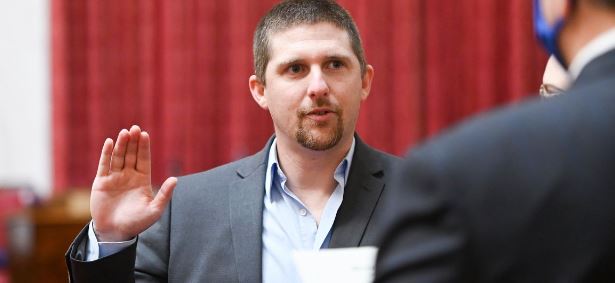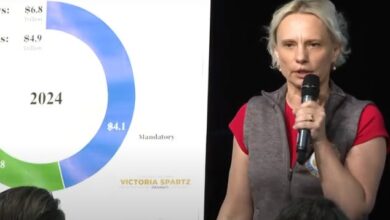Jan. 6 Defendant Pleads Guilty But Remains Defiant, Showing Little Remorse

A participant in the January 6th Capitol riot has entered a guilty plea but continues to exhibit a defiant attitude that suggests he has not grasped the severity of his actions, nor the lessons typically expected to be learned from such legal consequences. This individual, whose case has drawn significant public and media attention, has openly expressed views and sentiments that seemingly undermine the gravity of the events and his involvement in them.
Despite facing the judicial system and the consequences of his actions, his public demeanor and statements post-plea indicate a persistent alignment with the ideologies that fueled the unrest. This attitude raises concerns about the effectiveness of legal repercussions as deterrents for such behavior and whether they are sufficient to prompt a change in mindset among those who participated in the events of that day.
The lack of remorse and continued provocative statements by this individual underscore a broader challenge in addressing and rectifying the underlying causes of the January 6th incident. It also prompts a discussion about the role of the justice system in not only punishing but also rehabilitating those who break the law in such high-profile circumstances.
As this case progresses, it serves as a focal point for debates about accountability, the impact of incarceration on changing behavior, and the ongoing political polarization that characterizes the current national landscape. This situation highlights the complexities of legal and moral responsibility in the wake of significant national events.




